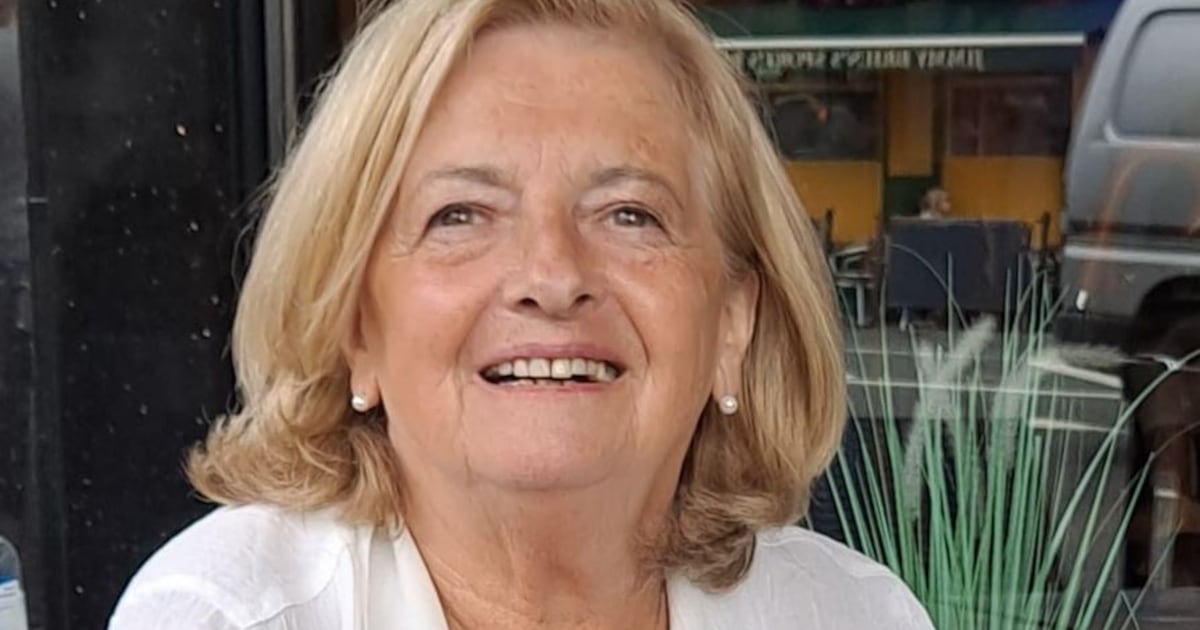Top Stories
Psychiatrist Clash Over Insanity Verdict in Kerry Murder Trial

UPDATE: A high-stakes trial in Co Kerry has taken a dramatic turn as two leading psychiatrists provide conflicting opinions on whether Billy Burns, accused of killing his mother, qualifies for a special verdict of not guilty by reason of insanity. The trial at the Central Criminal Court is unfolding with intense scrutiny as experts weigh in on Burns’ mental state during the tragic event.
The disturbing incident occurred between August 12 and August 15, 2022, when Miriam Burns, aged 75, was found dead in her home in Ardshanavooley, Killarney. She died from manual strangulation, accompanied by blunt force trauma to the head. While Mr. Burns has admitted to the killing, he denies the charge of murder, citing his mental health struggles.
In a tense courtroom exchange, Dr. Eugene Morgan, a consultant psychiatrist with over 50 years of experience, testified that Burns was suffering from a manic episode related to bipolar disorder at the time of the incident. Dr. Morgan assessed Burns just 11 days after the alleged crime, finding him hypomanic, with symptoms worsening to mania shortly thereafter. He stated that Burns did not understand the nature of his actions due to his mental illness, meeting the criteria for a special verdict under the Criminal Law (Insanity) Act 2006.
However, under cross-examination by Sean Guerin SC, representing the Director of Public Prosecutions, Dr. Morgan revealed a crucial gap in his evaluation: he never inquired about the circumstances surrounding the murder. This revelation raised questions about the thoroughness of his assessment.
Conversely, Dr. Stephen Monks, another consultant psychiatrist, presented a starkly different view. He reviewed Burns’ psychiatric history dating back to 1991 and analyzed video footage of his police interviews. Dr. Monks revealed that Burns had a history of substance abuse, having consumed alcohol, cannabis, and crack cocaine in the week leading up to his mother’s death, which he argued likely exacerbated his bipolar symptoms.
Dr. Monks stated that Burns claimed to have heard voices instructing him to kill his mother; however, he noted that there was no prior record of such auditory hallucinations. This discrepancy led Dr. Monks to conclude that Burns was likely not psychotic during the murder, asserting that he understood the nature and wrongness of his actions.
The trial, which is drawing significant public interest, continues as both sides prepare to present their final arguments. The conflicting psychiatric testimonies underscore the complexities of mental health issues in legal contexts and the urgent need for clarity in this tragic case.
As the courtroom drama unfolds, the implications of this trial extend beyond the individuals involved, raising pressing questions about mental health, accountability, and the legal system’s approach to such cases. Stay tuned for further updates as the trial progresses.
-

 Top Stories2 months ago
Top Stories2 months agoTributes Surge for 9-Year-Old Leon Briody After Cancer Battle
-

 Entertainment4 months ago
Entertainment4 months agoAimee Osbourne Joins Family for Emotional Tribute to Ozzy
-

 Politics4 months ago
Politics4 months agoDanny Healy-Rae Considers Complaint After Altercation with Garda
-

 Top Stories3 months ago
Top Stories3 months agoIreland Enjoys Summer Heat as Hurricane Erin Approaches Atlantic
-

 World4 months ago
World4 months agoHawaii Commemorates 80 Years Since Hiroshima Bombing with Ceremony
-

 Top Stories2 months ago
Top Stories2 months agoNewcastle West Woman Patricia Foley Found Safe After Urgent Search
-

 Top Stories4 months ago
Top Stories4 months agoFianna Fáil TDs Urgently Consider Maire Geoghegan-Quinn for Presidency
-

 World4 months ago
World4 months agoGaza Aid Distribution Tragedy: 20 Killed Amid Ongoing Violence
-

 World4 months ago
World4 months agoCouple Convicted of Murdering Two-Year-Old Grandson in Wales
-

 World4 months ago
World4 months agoAristocrat Constance Marten and Partner Convicted of Infant Murder
-

 Top Stories3 months ago
Top Stories3 months agoClimbing Errigal: A Must-Do Summer Adventure in Donegal
-

 Top Stories3 months ago
Top Stories3 months agoHike Donegal’s Errigal Mountain NOW for Unforgettable Summer Views









